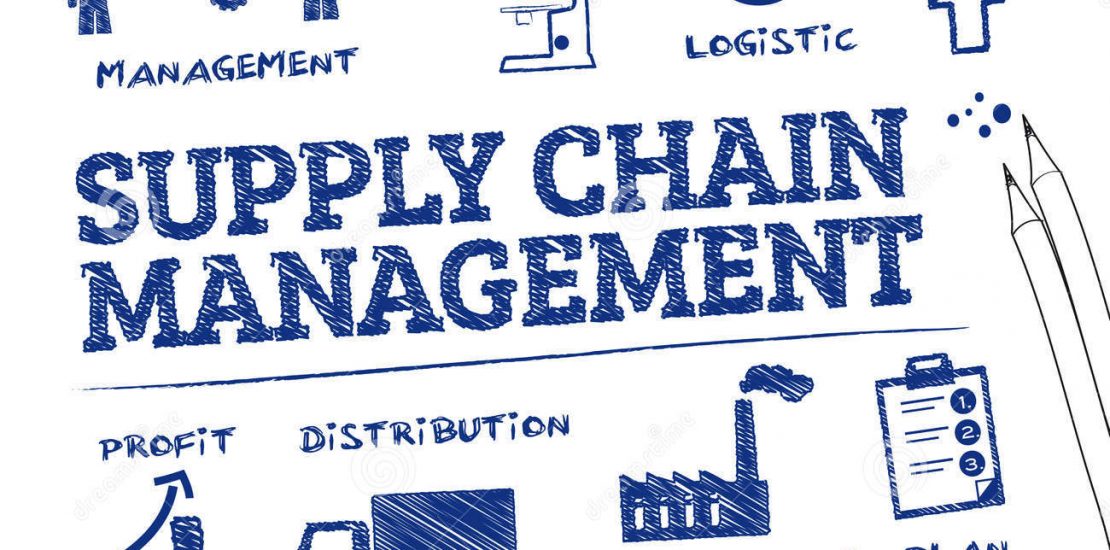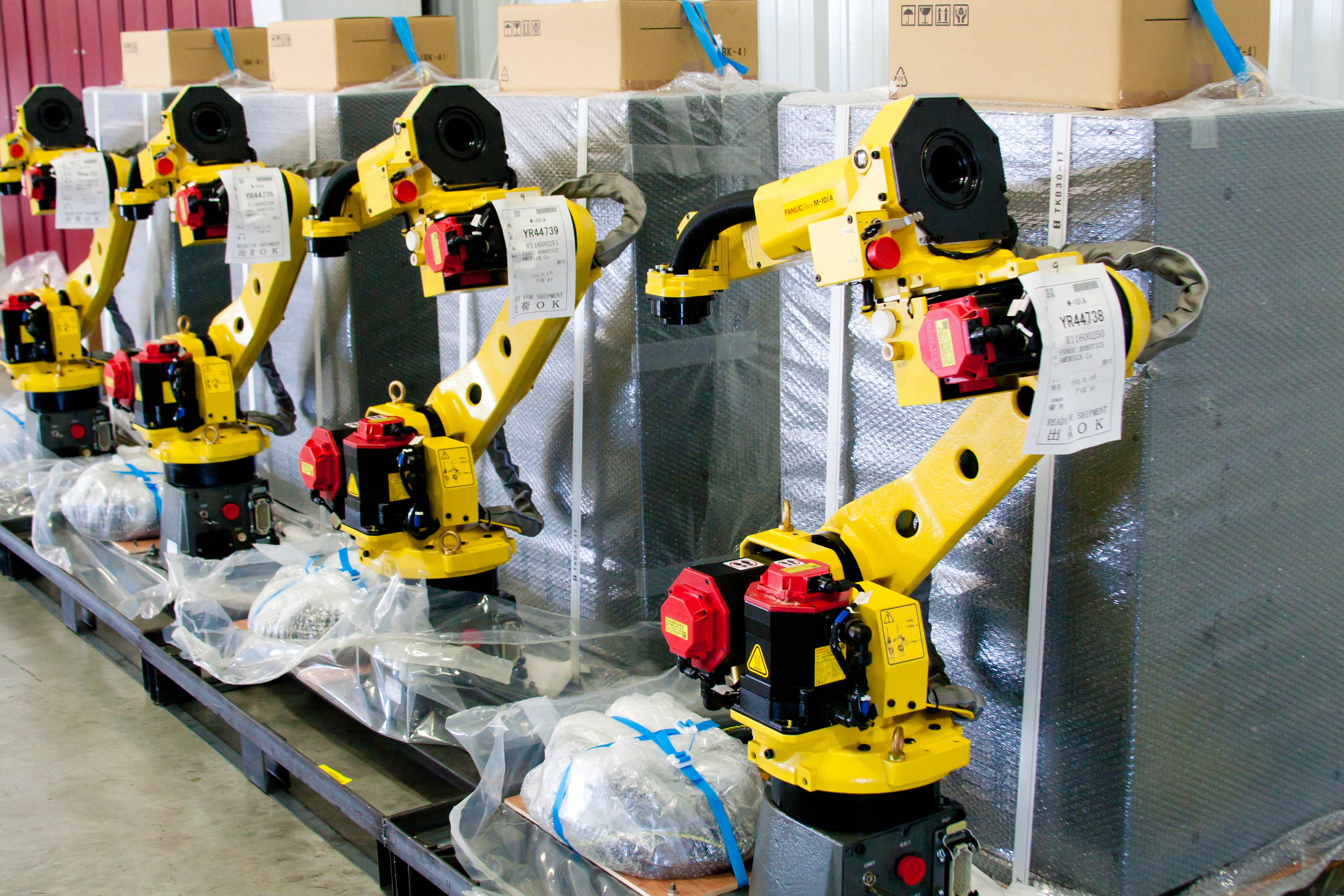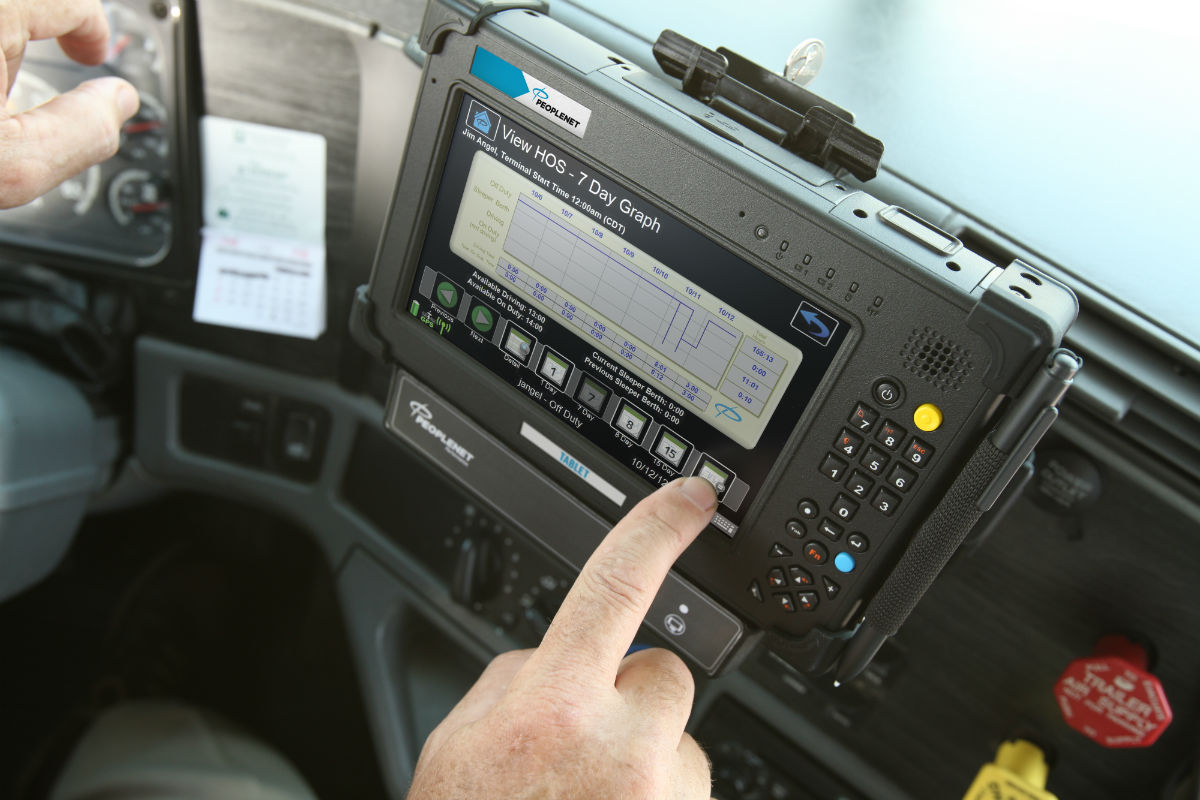A recent article boasted about Georgia’s innovative logistics environment, so we did some research on what Michigan had to offer the field. We learned a lot about logistics and supply chain management college programs and that Michigan State University scored as the top school in the nation by U.S. News and World Report. This makes sense when one considers that Michigan is a transportation hub in general, with many leading logistics companies providing their services throughout the state. Midwestern states provide a central location for shipping companies, and as a result, provide innovative schooling on the subject.
In addition to Michigan State University, the University of Michigan also boasts a top 10 supply chain program, coming in at number 10 on Michigan Business’s list of top nationwide schools for the subject. With so many jobs available in supply chain efficiency and logistics operations, these schools can have a major impact on not only Michigan’s economy but also the health of the entire nation. Michigan serves as a major center for cross-border shipments with Canada, which means there’s a lot at stake for international trade as well.
With a strategic focus on the development of its own logistics and supply chain program, Michigan is providing top-tier education for many young people looking to get into the field. These students represent the future of the industry, so it is encouraging that they are learning from the top programs that the nation has to offer. Because Michigan’s economic development relies so heavily on an efficient transportation network, these future logistics gurus could be key in creating new jobs and helping the state maintain its status as a transportation stronghold. The continual improvement of supply chain education in Michigan is helping to establish our state as a true leader in the industry.





